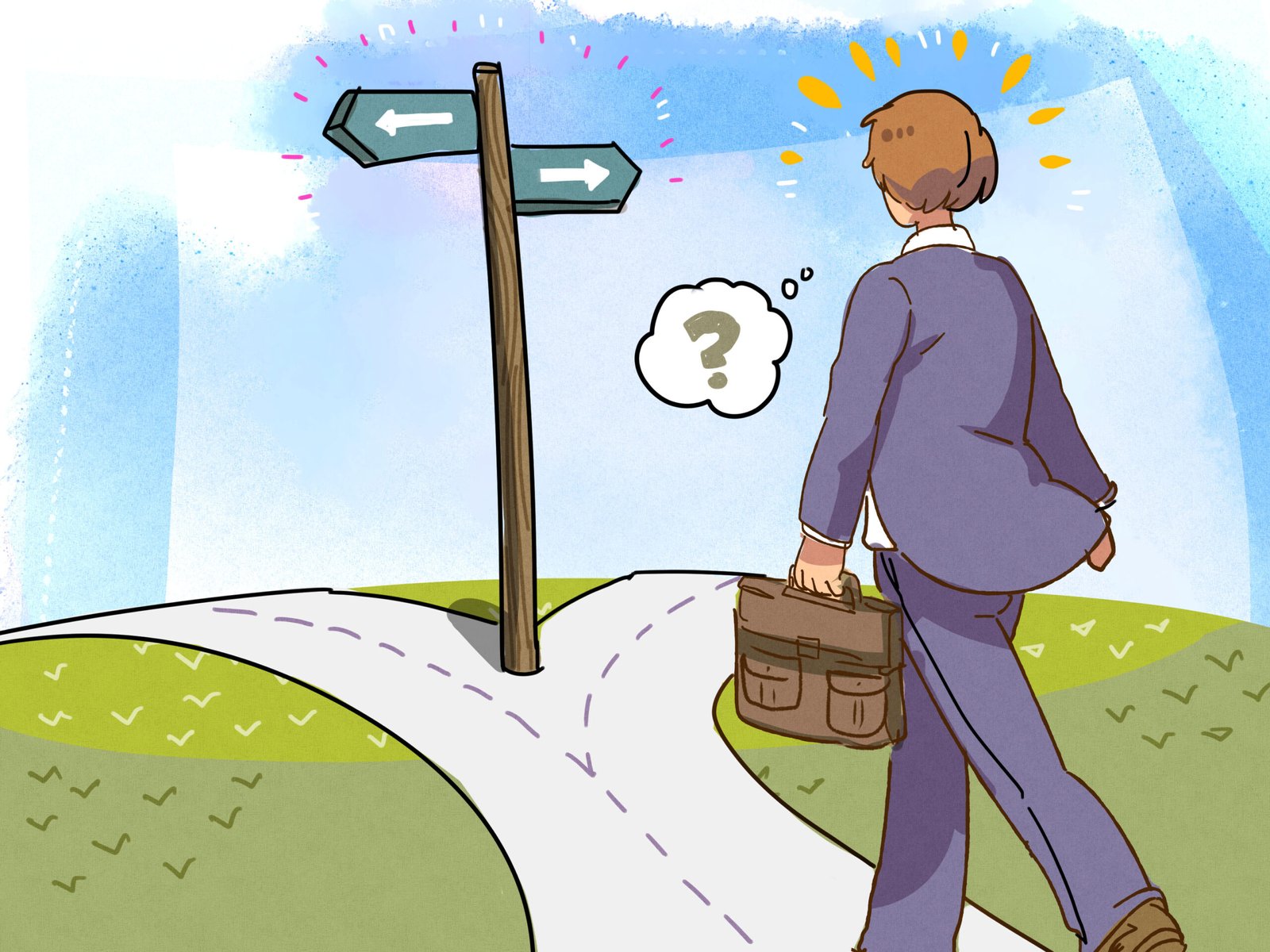Lifestyle
The Humble Mindset: How to Be a Better Person
A humble mindset is a key attribute for any successful person, but it’s also something that we can all work on using. Just like you can improve your physical fitness through exercise, you can develop a better mindset by practicing humility in everyday life. Humble grateful quotes can inspire you to be humble and grateful toward others, which will make your life more fulfilling. Here are six steps to help you become more humble:
Listen Actively.
As a listener, you have a responsibility to make sure you’re giving the speaker your full attention. That means that you should be listening with all of your senses, seeing, hearing and feeling. This is not as easy as it sounds. It is easy to get distracted by what we want to say in response or by our own thoughts when someone else is speaking, but this behavior only serves to hinder our ability to understand what they are saying. If someone is talking about something important in their life and all you can think about is how much money you lost at the casino last night, then chances are good that they won’t feel like they are being heard when they finish speaking.
You may also find yourself more inclined toward negative body language during a conversation (e.g., folding arms across chest; leaning back in chair). While these behaviors don’t necessarily mean anything bad on their own (some people just have poor posture), combined with other signs like poor eye contact or lack of emotion coming across over voice–you might pick up on some clues about how engaged another person actually feels about what’s happening right now between us.”
Seek Feedback.
Feedback is a gift. Don’t be afraid to ask for it, and remember that it is not a reflection on your worth as a person. Feedback can help you improve your work and become more skilled in what you do. If there’s something you’re trying to learn, feedback will teach you.
Asking for feedback from people whom you trust can be difficult because it requires vulnerability, but remember that those who give feedback are doing so out of love and concern for your well-being.
Let Go of Ego.
Ego is the part of your personality that you identify with. Ego is what makes you believe that you are better than others, or feel proud about yourself. For example, if someone says something negative about you, it’s easy to get defensive and lash out in retaliation because your ego feels attacked. But when we let go of our egos, positive things happen: we can listen more effectively; we become more empathetic; and we respond with compassion instead of aggression.
Letting go isn’t always easy though, especially if your ego has been built up for years or even decades. If this sounds like you, start by recognizing when your ego is getting in the way of a situation or relationship (i.e., every time someone criticizes one of your ideas). When this happens, and it will happen, ask yourself what would happen if you didn’t defend yourself? How would the person feel? Would they be impressed by how quickly and easily you were able to release any negativity around what was said? Next time someone says something negative about one of your ideas or beliefs, or anything else for that matter, try letting go of any defensiveness and see what happens.
Remember Human Dignity.
Remember the significance of human dignity.
We all are equal, and we all deserve respect. We are all capable of making mistakes, but that does not take away from our worth as fellow human beings. If we remember this from the beginning, it makes it easier to treat others with kindness and compassion rather than scorn or judgment when they make mistakes along the way in life.
Avoid Gossip.
The humble mindset isn’t just about being a good person. It is also about being a better version of yourself. One way you can do that is by avoiding gossip.
Gossiping is a waste of time, energy and brain power, and it can be damaging to your reputation if word gets out that you’re talking behind someone else’s back. If people know they can’t trust you not to gossip, they’ll think twice before sharing anything with you in the future, or worse yet, they might avoid spending time with you at all because they don’t want their private conversations made public knowledge. Gossiping also wears down our mental health; when we spend too much time thinking about other people’s problems instead of our own (which often leads us into gossip territory), we start to feel anxious or depressed.
Learn from Your Mistakes.
Learn from your mistakes. Don’t blame others, don’t blame the situation, and don’t blame the circumstances. If something goes wrong, it is always your fault.
It is not about what others do to you but rather how you respond to their actions that matters most. If someone cuts you off in traffic and makes you late for an important meeting because of that, don’t get angry at him/her (they are not responsible for your lateness). Remember: he/she might have been in a hurry as well or maybe they had a situation where they needed to rush somewhere urgently themselves. In any case, blaming others will only make things worse for yourself because it will only bring negativity into your life which will eventually affect your personality and character negatively too.
Conclusion
It’s important to remember that being humble is an attitude and not a set of rules. It’s about listening actively, seeking feedback, avoiding gossip, and taking responsibility for your actions. At the end of the day, no one is perfect but we all have something to learn from each other, even if that means learning humility from someone else.















